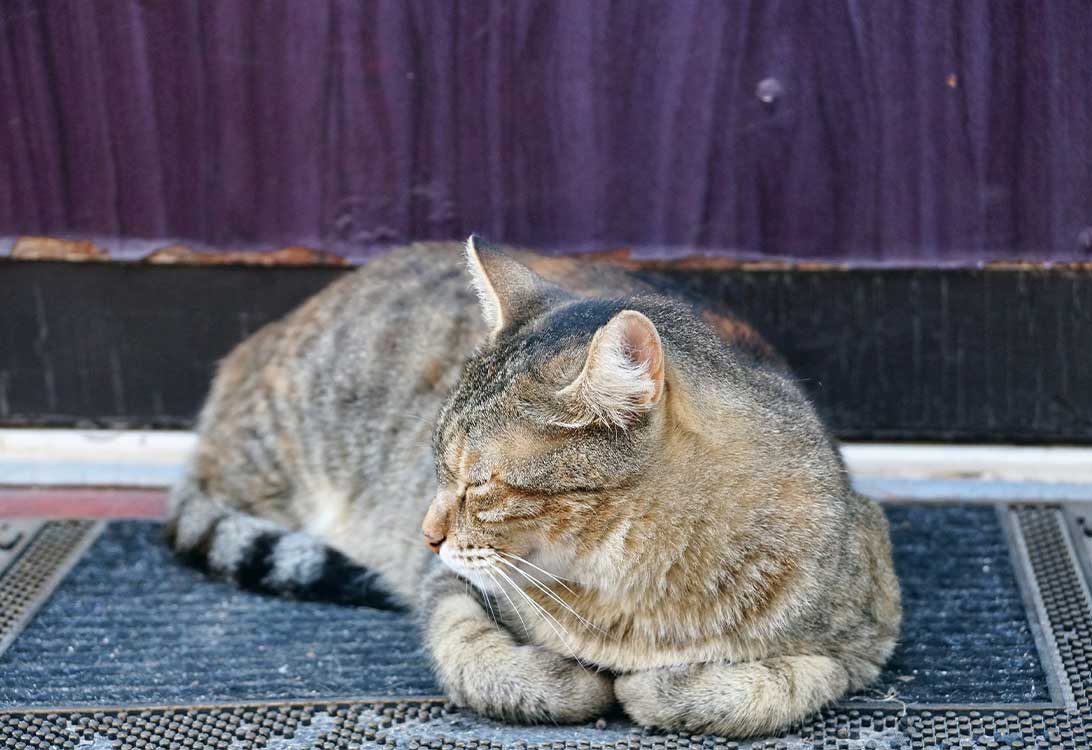4 Important Things to Know About Your Cat’s Weight

Is this the year you finally get serious about helping your cat lose weight? If you’re concerned about your cat’s total body mass as an indicator of their overall health, you have good reason to be. Vets say weight loss is the number one goal they hear from pet owners.
Let’s talk about why it’s so, so important to stay on top of your cat’s weight.
1. “Normal” is a lofty goal!
Did you know that nearly 60% of all American domestic cats are considered overweight or obese? That means odds are, your cat is overweight. It’s time you really, truly found out exactly how overweight that really is, and worked with your vet on a plan to help your cat return to normal. It’s actually simpler than you think to help your cat lose weight, but it’s a gradual process that requires absolute consistency.
2. Overweight cats are expensive cats.
As if your cat’s health isn’t a good enough reason to finally double-down on weight loss, consider that cat owners whose felines were overweight can spend thousands more than their peers on veterinary care each year. That’s a lot, and the costs only go up as your cat ages. Factor in the added costs of food (and treats!) and it’s easy to see why having an overweight cat is bad for the bottom line.
3. Feline weight loss must be managed carefully.
A lot of well-meaning pet parents don’t realize how fragile a cat’s metabolism really is. Unlike dogs, cats are born “nibblers,” and their bodies are ill-equipped to handle starvation mode. Cutting back on calories too drastically can actually cause damage to your cat’s liver and even result in hepatitis. It’s important to work with your vet to develop an appropriate nutritional plan to help your cat lose weight that also includes additional exercise and play. It’s a marathon, not a sprint.
4. Weight isn’t just weight.
Sure, overweight cats are cute and round. They’re also undeniably uncomfortable. Your cat’s weight is directly related to many bodily functions and behaviors. For example, a cat carrying too much weight may not be able to groom properly and thus can be come matted or smelly. Likewise, overweight cats are prone to developing painful arthritis (although they may not even let on they’re hurting) and also diabetes. Think about your cat’s weight not as a stand-alone issue, but as an indicator of their overall health.


